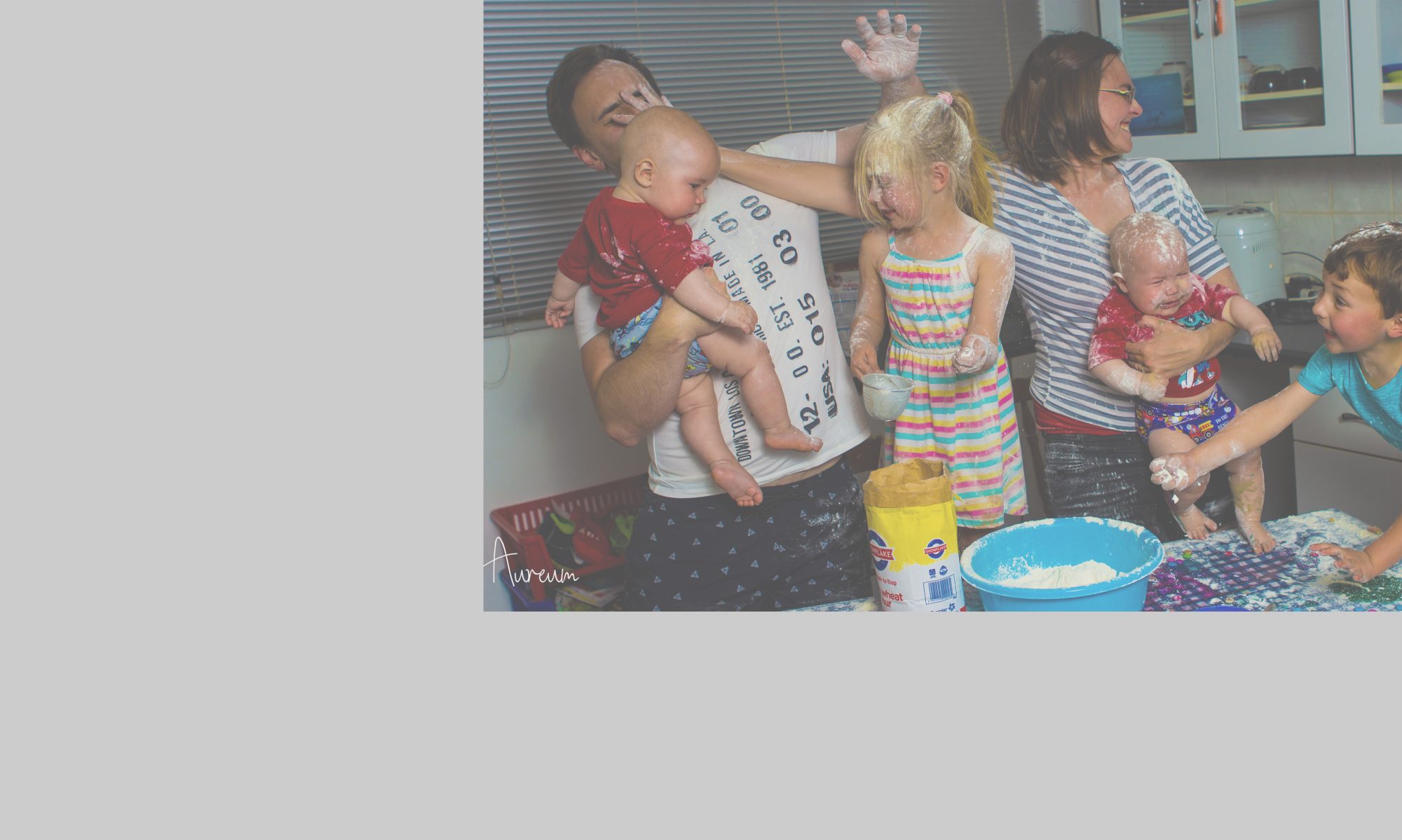Our 4 and 5 year olds are linguistic artists. They reason with the words of an adult and the understanding of a child. They copy and test and try. That said, we need to look at why our kids do things the way that they do. Sometimes it is something as small as a tweak here or there of how we engage with them, and sometimes it will take a bit more patience and understanding of where they are at as children.

Understanding ourselves as parents… We all have triggers, we all have moments where we just don’t know how to remain present. The reason for that is, certain behaviour from our children involuntarily takes us back to when we were that age. However, because we are the parent, we don’t tap into how that little child felt. No, we tap into how the adult in the room behaved and the irritation, anger and even sometimes the specific punishment doled out, comes to mind. Inadvertently we move to a position that seeks control in that particular instance. Our mind flashes back and before we can even register it, the thoughts running through our heads are panic and frustration and then we have only one goal in mind. “I need to get this child to do as I say.” Regardless of what the situation is, we are programmed to want to control kids. We experience it as a clash of wills.
Age 4 to 7 should be the pinnacle of the clash, if you handle this right. If not, the teenage years will be a battlefield where all involved will leave the scene damaged, bruised, battered and some without limbs when the kids finally spread their wings and leave the home. This sounds dramatic, I know. However the reality is, if you as the parent remains of the mind-set that children need to be controlled, especially when they push back, the emotional scars inflicted during the teenage years, will take a lifetime to heal. If they do at all.
When we parent this age group there are some important questions you have to ask yourself as a parent:
What is the end goal? What is it that you want to teach your child within this particular situation?
Am I trying to control the outcome? Do I want my child’s will to bow to mine?
Do I feel like I have lost control over my child? Are you feeling powerless in the situation?
Am I really hearing what my child is saying? Did I listen empathetically to what my child is saying?
What is my intent? Do I really want my child to understand or do I want them to just do what I asked of them?
Have I asked questions to understand better? When the conversation started did I at any time, jump to a conclusion or did I ask open ended questions to gain a better understanding of what they are thinking?
Is it safe? Is what they want to do safe? If not why? How can we find a way to address the safety aspect of the situation, without needing an outright no? Is it possible to give them the opportunity to try without fear of retribution?
Are the choices I have given real choices or just the semblance of choices? Giving a choice that confirms their autonomy is of vital importance. Real choices mean that whatever they choose they will not be overridden. Give them choices in things that matter, not just the clothes they wear. Include them in decisions that have an impact on them. That way you teach them reasoning skills and creative thinking.
Understanding where they are as children? Remember that children are capable of thinking, but they are only 4 or 5 years old. They may have a large vocabulary, but they’re still emotionally underdeveloped and the emotional and impulse control as well as self-regulation only matures at age 25. They are still learning.
During this age period they are at their peak initiative stage, allow them to try and execute plans. Things do not have to be perfect, but they have to try in order to fail and be able to learn from the experience. If we don’t allow them to try, we are hampering their development and actually killing their drive to learn and try new things.
3,525 total views, 1 views today

